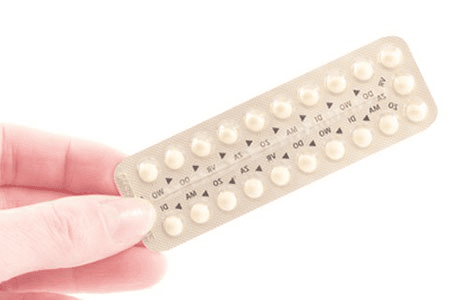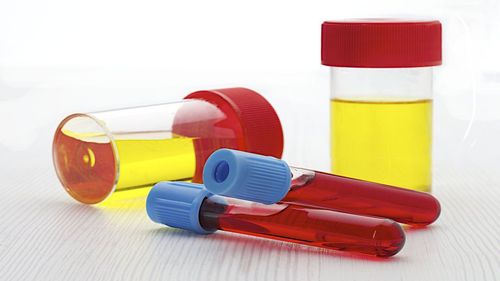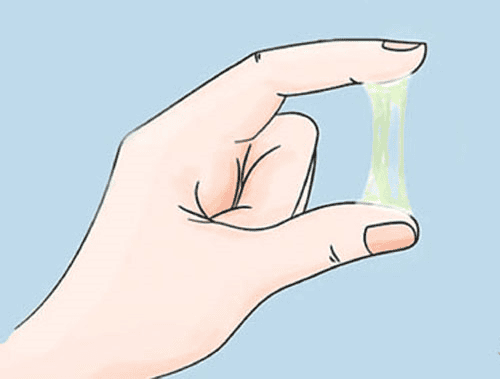This is an automatically translated article.
The article was professionally consulted by Specialist Doctor I Pham Thi Yen - Obstetrician - Obstetrics and Gynecology - Vinmec Hai Phong International General Hospital.Anti-androgen syndrome, although the patient has a female form, has a male genotype. The patient has mammary glands and external genitalia similar to women, but amenorrhea during puberty. This antiandrogen syndrome is often discovered in the presence of infertility problems or incidentally on examination.
1. Anti-androgen syndrome
Anti-androgen syndrome is a mutation in a gene located on the proximal segment of the long arm of the X chromosome, and is inherited as a recessive trait. This leads to a partial or complete cellular failure to respond to androgens, which interferes with the virilization of the fetal sex organs.Usually, female fetuses have complete antiandrogen syndrome, while partial antiandrogen syndrome can be present in male or female fetuses and is diagnosed at birth, based on abnormal genitalia, but other forms may not be diagnosed until puberty .
People with antiandrogen syndrome are unable to have children, but still live normal and healthy lives.
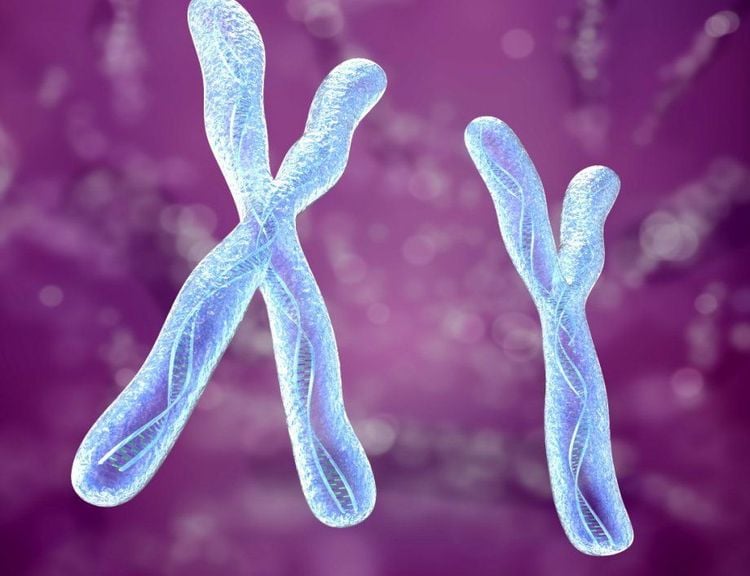
2. Cause
The cause of antiandrogen syndrome may be an inherited error that is passed on from mother to child. Men, although inherited, but the body does not respond to testosterone and the problem of developing male sex organs is not normal, the penis grows or does not form. The child's genitals may be female or female and male, but without ovaries and uterus, with partial or incomplete testicles.3. Disease manifestations
At birth, a baby with antiandrogen syndrome is like a normal baby, with no abnormalities. Puberty tends to start out softer than other girls. Mammary gland development, pelvic structure, and body fat distribution remain the same as in other girls.However, patients have little, even no pubic hair, or a male distribution. The patient's facial skin is often more beautiful than his peers, does not have acne because the sebaceous glands do not respond to androgen stimulation.
Puberty is not much different from other girls, except that the patient does not have periods. On physical examination, pubic hair may be sparse or absent. The external genitalia are female with a short vagina, and no cervix is visible.
Therefore, the vagina usually ends up as a sac with absolutely no communication with the inside. When the ultrasound did not show the uterus and two ovaries. The patient is completely infertile. In addition, a bulge in the inguinal region may be palpable due to the raised testicle. Most of the time, the testicles are not palpable because the testicles are usually still inside the abdomen.
To diagnose antiandrogen syndrome only need to perform chromosomal analysis.

4. Treatment
Because antiandrogen syndrome is associated with infertility complications, and gender inconsistencies can easily make a patient's sexual partner feel embarrassed. Because those with the disease are often vulnerable, decisions about how to inform patients must put the patient's best interests first.Most patients will feel confused and miserable, dissatisfied. Therefore, it is necessary to have a strategy for counseling and emotional support for the patient immediately after with the systematic approach steps that need to be carefully prepared in advance.
In addition, it is necessary to intervene some other issues such as:
Vaginal enlargement: if women have difficulty in having sex due to narrow vagina. However, the vagina can gradually widen on its own because it has the ability to dilate on its own after a period of sexual intercourse. Vaginal reconstruction with surgical intervention is possible for adults, but can also cause some complications. Orchiectomy: is a controversial issue. Until the time after puberty, the benefit of the testicles is that there is no need to use exogenous hormones. This happens because the testosterone that the testicles produce is converted to estrogen. Some argue that an intra-abdominal testicle can progress to a benign or malignant tumor. Estrogen replacement : if the testicle is removed, it is necessary to use estrogen replacement to support puberty, help bone growth and complete adulthood.
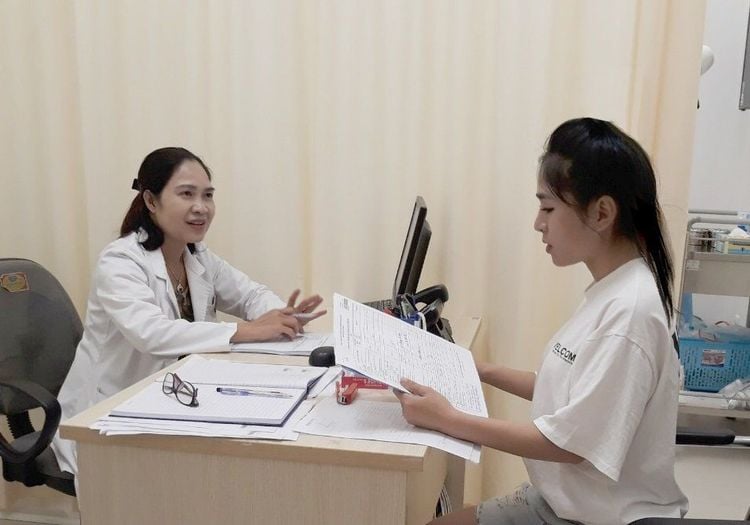
Doctor Pham Thi Yen has 11 years of experience in examination and treatment in the field of Obstetrics and Gynecology. Doctor with strengths and deep understanding in:
Examination and consultation of normal pregnancies, pathological pregnancies, high-risk pregnancies Examination and treatment of gynecological diseases: cervicitis, cervical ectropion Surgery Laparoscopic surgery for gynecological diseases: ectopic pregnancy, uterine tumor, ovarian tumor Surgery for breast, vulvar, vaginal, cervical tumors Obstetric surgery: cesarean section, examination and treatment of endocrine disorders in women of all ages: puberty, reproductive age; perimenopausal age.
Please dial HOTLINE for more information or register for an appointment HERE. Download MyVinmec app to make appointments faster and to manage your bookings easily.





